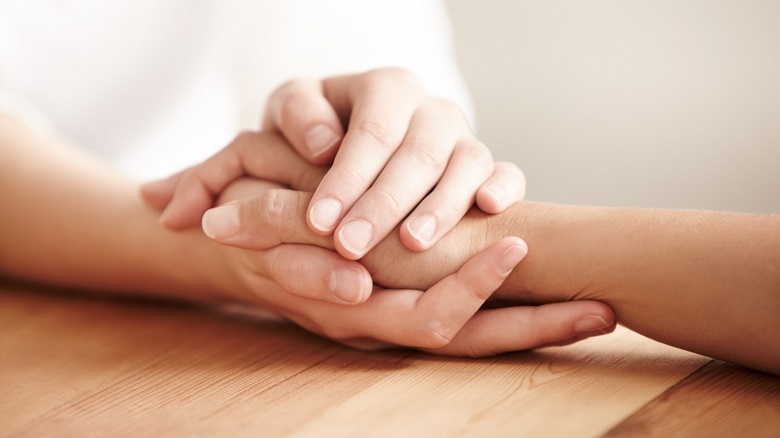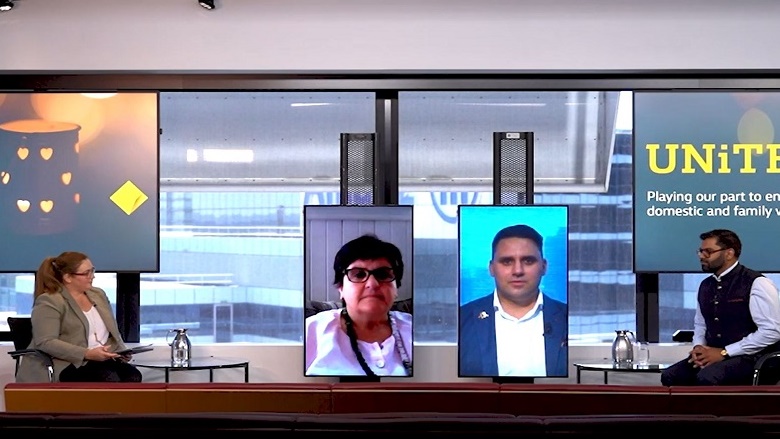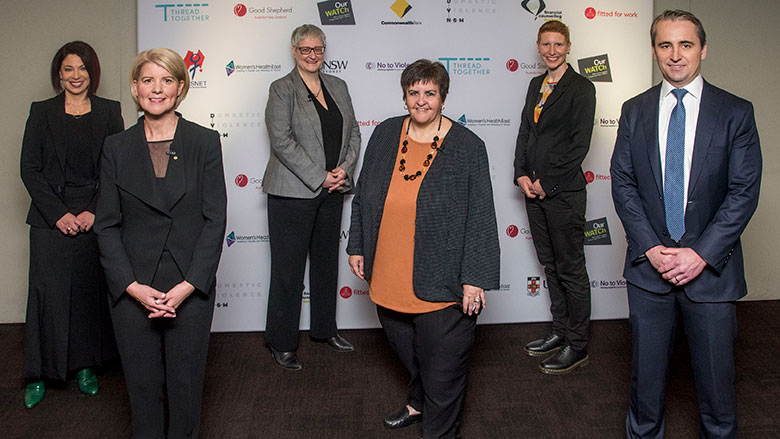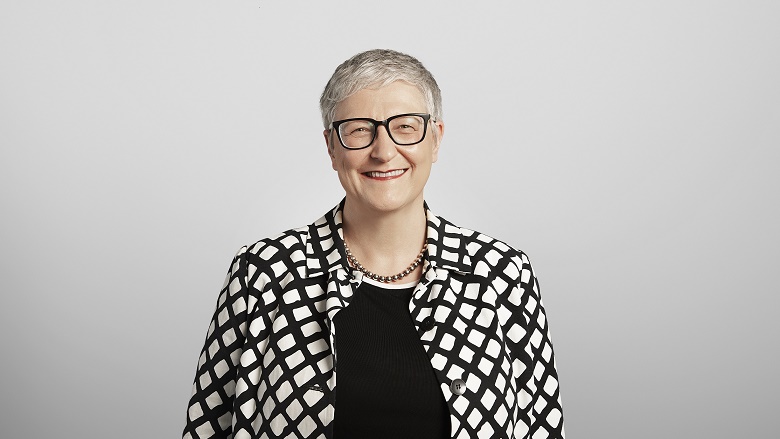As we retreated inside our homes after lockdown measures were introduced to prevent the spread of the coronavirus, reports subsequently showed an alarming increase in the hidden and existing epidemic of domestic and family violence (DFV)[i].
Domestic and family abuse is Australia’s secret shame. The Bureau of Statistics estimates that 1 in 6 women (and 1 in 17 men) have experienced at least one incident of violence by an intimate partner[ii]. But while physical and verbal abuse is well documented and are commonly known forms of violence, there is a severe lack of understanding and awareness of financial abuse.
With job insecurity and financial instability accompanying the COVID-19 pandemic, instances of financial abuse, a lesser-known form of DFV, may have increased too.
According to a survey* CBA released during the first wave of the pandemic this year, 40 per cent of the adult population have experienced or know someone who has experienced financial abuse. Financial abuse occurs when one partner uses money as a means to control or exploit their partner and limit their financial independence. This can involve behaviour including, but not limited to, a perpetrator preventing a victim-survivor from accessing bank accounts, using funds without consent or manipulating their financial decisions.
That same research found nearly 80 per cent of Australian adults could not recall the support available while those who experienced financial abuse, sadly only 54 per cent sought help.





